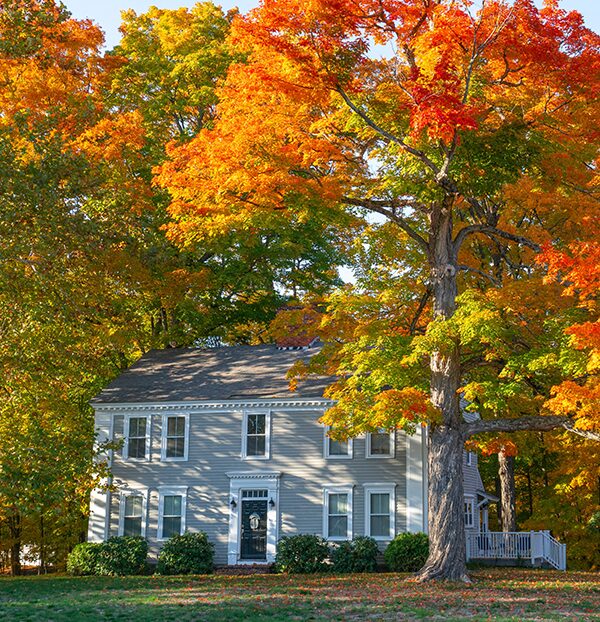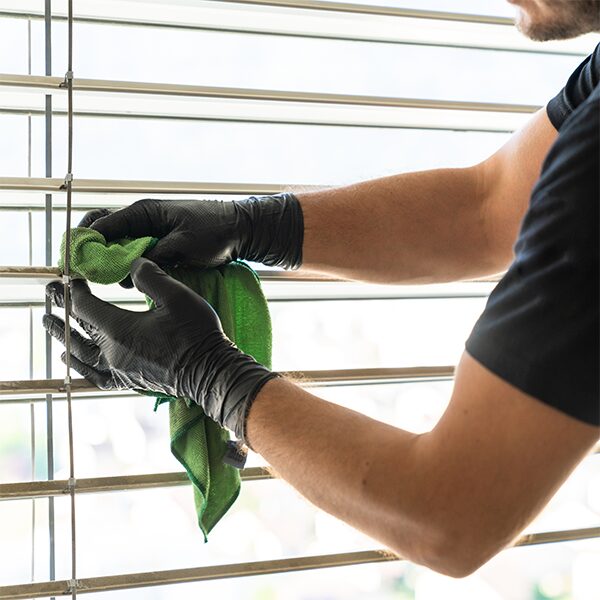How to Manage Capital Gains Taxes on Your Home Sale


If you sold your home in 2024 or early 2025, you could claim the maximum capital gains exclusions set in 1997. However, since these exclusions aren’t adjusted for inflation, many long-time homeowners still face capital gains taxes, notes Evan Liddiard, CPA and director of federal tax policy for the National Association of REALTORS®.
The maximum exclusion on homestead capital gains is $250,000 for single filers, and $500,000 for married couples. Sellers must have lived in and owned the home for at least two out of the past five years.
Subtracting the purchase price of the home from the sales price gives you the cost basis but you can minimize capital gains using an adjusted basis, like including the cost of any capital improvements you made. Capital improvements are permanent structural changes and restorations that enhance the property’s overall value, its useful life, or adaptation to new uses.
Charitable donations and putting cash into tax-deferred IRAs can also reduce your tax exposure. Ask your CPA for more tips.





















